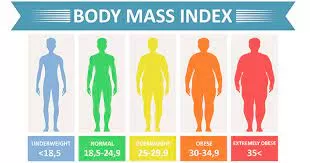November 6, 2024 — Researchers Highlight Excessive Daytime Sleepiness as Modifiable Risk Factor for Motoric Cognitive Risk Syndrome
A new study suggests that poor sleep quality may contribute to the development of motoric cognitive risk (MCR) syndrome, a predementia condition marked by slow walking speed and cognitive complaints. Published online in Neurology, the study was led by Victoire Leroy, M.D., Ph.D., from Albert Einstein College of Medicine in Bronx, New York, and examines how sleep disturbances affect both the onset (incident) and prevalence of MCR among older adults.
The research team analyzed data from 445 participants, assessing sleep quality using the Pittsburgh Sleep Quality Index (PSQI) and dividing participants into “good” or “poor” sleeper categories. MCR was defined as self-reported cognitive complaints on standardized questionnaires alongside a slow gait speed measured on an electronic treadmill.
Over an average follow-up of 2.9 years, 36 of 403 participants who did not initially have MCR developed the syndrome. Poor sleepers were found to have a 1.6 times greater risk of developing MCR than good sleepers, though the association was specifically with incident MCR rather than existing cases. In adjusted models, excessive daytime sleepiness—a PSQI component reflecting lower energy levels and alertness—stood out, with poor sleep quality linked to a 3.3 times higher risk of incident MCR compared to those with better daytime alertness.
“Excessive daytime sleepiness is associated with a greater risk of incident MCR,” the study authors noted, emphasizing the importance of further research into this symptom as a potentially modifiable factor in reducing MCR risk.
The study, “Association of Sleep Disturbances With Prevalent and Incident Motoric Cognitive Risk Syndrome in Community-Residing Older Adults,” underscores the need for targeted interventions focused on sleep quality in older adults as a potential means to prevent MCR.
For more information, see the full study by Dr. Leroy and colleagues in Neurology (DOI: 10.1212/WNL.0000000000210054).












